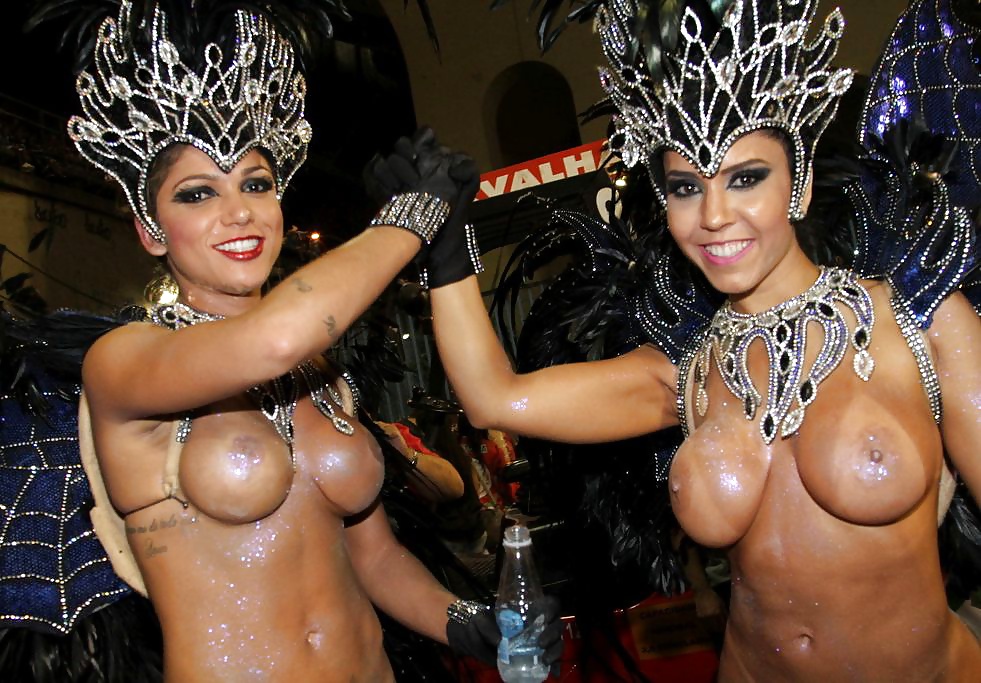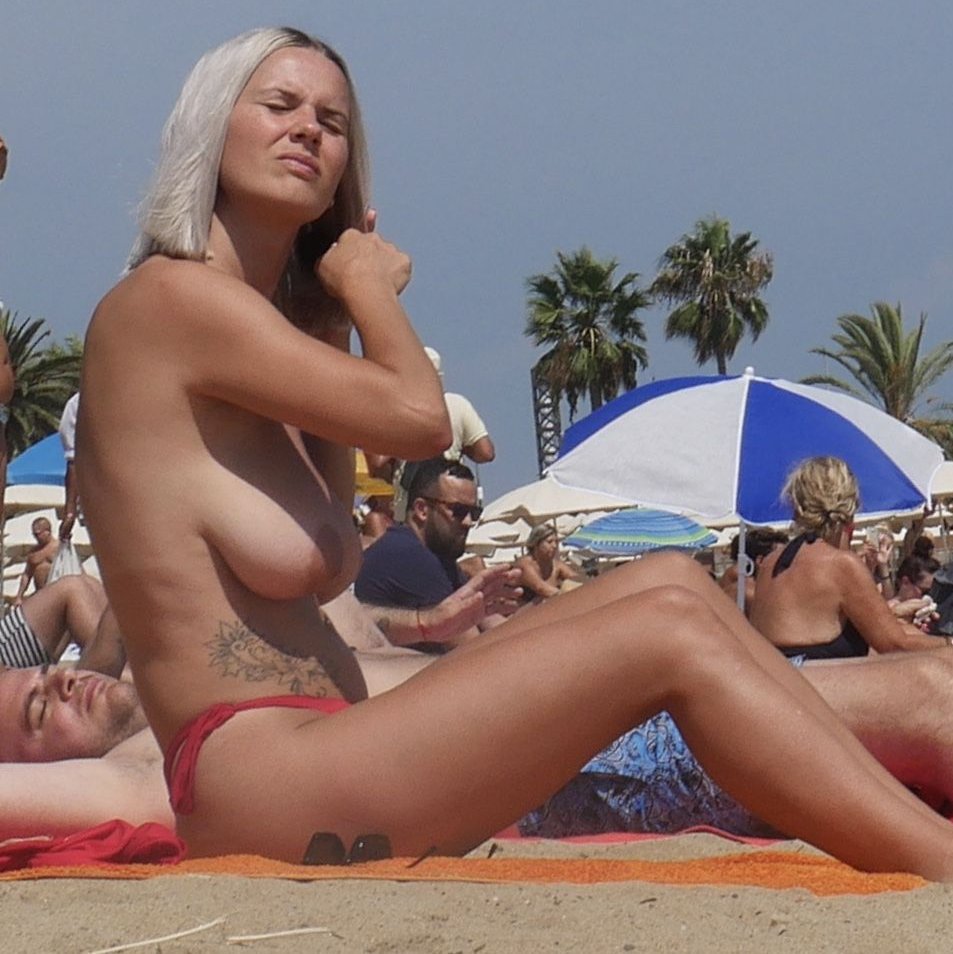Rio Carnival is one of the most famous and vibrant festivals in the world, known for its colorful costumes, lively music, and energetic samba dancing. While nudity is not explicitly allowed during the official carnival events, some parties and samba schools may feature costumes or performances that include partial nudity or body paint.

Costumes: The costumes worn by the samba dancers in the Rio Carnival are often extravagant and colorful, but they typically cover the dancers’ private parts. However, some costumes may be designed to show more skin, such as bikinis or thongs. In recent years, there has been a trend towards using body paint instead of traditional costumes, which can create the illusion of nudity.

Samba schools: Each year, dozens of samba schools participate in the Rio Carnival, showcasing their dancing skills and elaborate floats. While nudity is not allowed during the official parade, some samba schools may push the boundaries with their costumes or performances. For example, some schools may feature dancers wearing see-through fabrics, body paint, or strategically placed feathers or glitter.

Unofficial parties: In addition to the official carnival events, there are many unofficial parties and events that take place during the festival. Some of these parties may have a more liberal attitude towards nudity, with guests wearing minimal clothing or body paint. However, it’s important to note that public nudity is still illegal in Brazil and can result in fines or even arrest.

Topless beach: Rio de Janeiro is famous for its beautiful beaches, and some visitors may choose to go topless or wear minimal clothing while sunbathing or swimming. However, it’s important to respect local customs and laws, and to be mindful of other beachgoers who may not be comfortable with public nudity.
Overall, while nudity is not a common feature of the Rio Carnival, some costumes and performances may push the boundaries of traditional dress. Visitors should be respectful of local laws and customs, and should not engage in public nudity unless in designated areas or private events.
